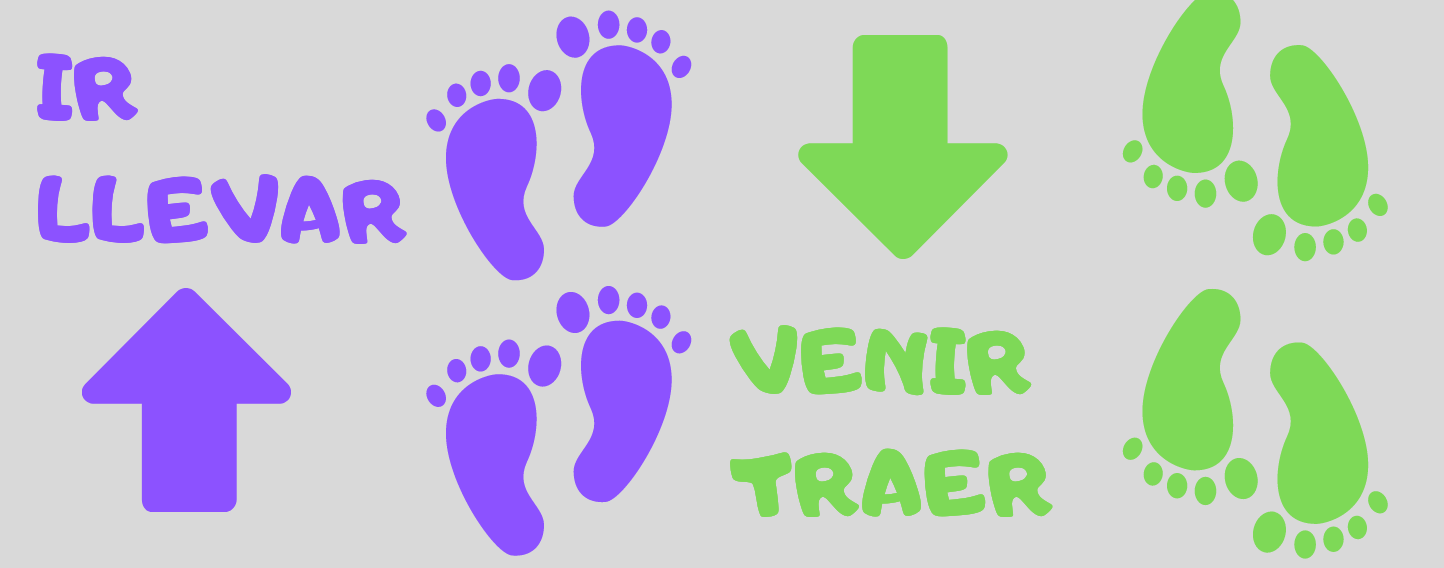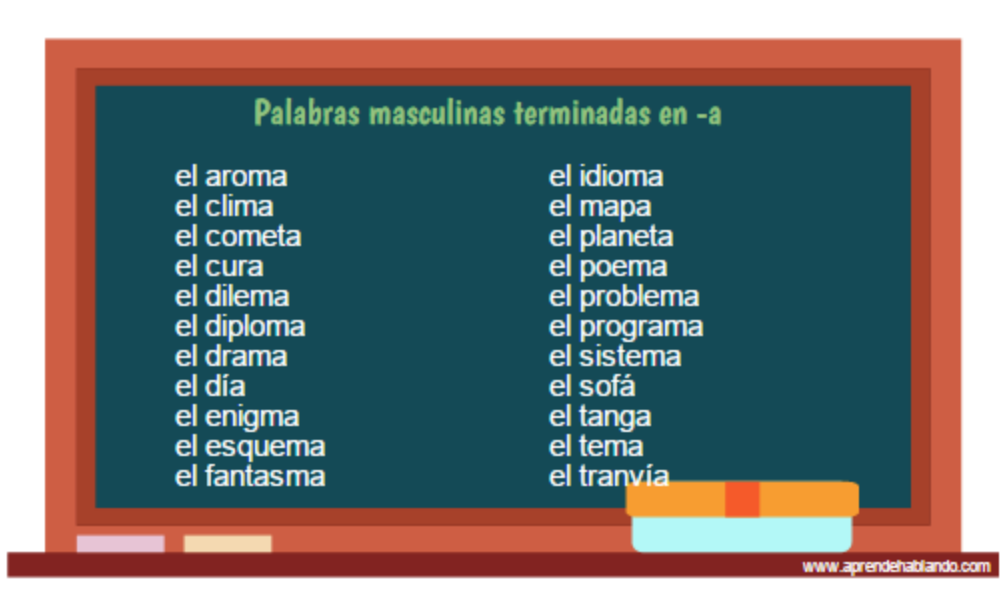CONTRAST OF IMPERFECT vs. PRETERITE TENSES IN SPANISH In Spanish, there are two verbal tenses referred to actions in the past on indicative mode: Imperfect vs. Preterite. This is a difficult concept to understand if your language only has …
¿Cómo se utiliza el verbo IR y el verbo VENIR para las invitaciones? Siguiendo con el último post sobre el uso de los verbos IR y VENIR, queremos compartir esta información extra referida al uso de IR y VENIR …
¿Cómo funcionan las parejas de verbos IR/VENIR y LLEVAR/TRAER? En este post queremos dar información sobre dos pares de verbos muy usados en español: los verbos IR/VENIR y LLEVAR/TRAER. Parecen simples pero a veces no hay una correspondencia idéntica …
ES BUENO/MALO, ESTÁ BUENO/MALO, ESTÁ BIEN/MAL Seguro que escuchas o lees constantemente estas expresiones con los verbos ser vs. estar. Probablemente entiendes lo que significan en el contexto pero, ¿sabes usarlas correctamente? Quizás tienes dudas (“¿ahora tengo que …
What are the most common male words ending in -A in Spanish? In this post we bring you the list of the 25 male words ending in -A most common in Spanish. Why? Because most Spanish students make …
What and what are the most used adverbs in Spanish? Perhaps you have doubts about the difference between an ADVERBIO and an adjective . It is normal, because they are DIFFERENT . Do you want to understand the …
Who? When? Where? How? Why? What? How much? To ask questions in Spanish we can use the words above ?called interrogative pronouns . Asking questions is one of the first needs when we learn a new language. It …
25 Verbs you should know in Spanish Speaking Spanish correctly and knowing all your verbal conjugations is not an easy task. Verbs, their multiple conjugations and irregularities can be really complicated for students. You are one of …
¿Cómo expresamos la proximidad en Español? Para indicar la proximidad de las personas, los animales o los objetos usamos los DEMOSTRATIVOS. Existen tres distancias de proximidad en español: – CERCA: cuando la persona, animal o cosa …
¿Problemas con MUY vs. MUCHO en español? La confusión con MUY vs. MUCHO es un suceso muy frecuente entre los estudiantes de español. ¿Has dudado alguna vez entre “Laura tiene *muy trabajo” y “Laura tiene mucho trabajo” o …










